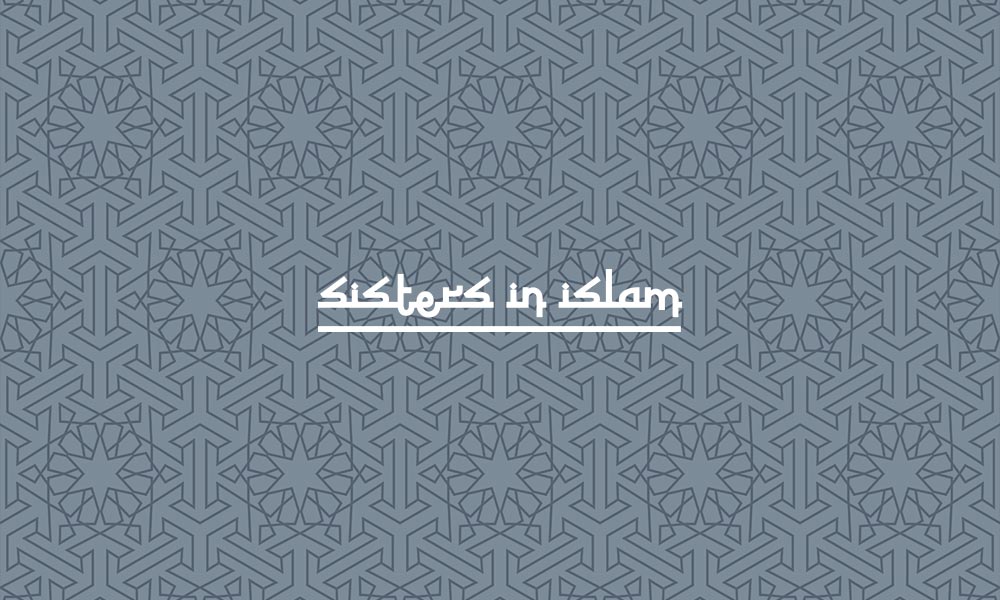Sisters in Islam (SIS) expresses our deepest gratitude for all the support received in the ‘Ketahui Hak Anda: Hak Wanita Dalam Perundangan’ seminar conducted on 2nd November 2015 in Kuching, Sarawak. It was with the initial support from Chief Minister of Sarawak Datuk Patinggi Tan Sri Adenan Satem to reform any discriminatory laws against women, as expressed in a Radio Televisyen Malaysia (RTM) interview in February 2015, that SIS was able to successfully conduct this seminar with over 250 participants. We also extend our thanks to the Ministry of Welfare, Women and Family Development (KKWPK) Sarawak for collaborating with SIS and Minister YB Datok Hajjah Fatimah Abdullah for launching the event. Also in attendance during the launch were, Dr Datuk Juanda Jaya, former mufti of Perlis and Dato’ Ismail Yahya, former mufti and Chief Syarie Judge of Terengganu. This one-day seminar gathered resource persons to share knowledge on the rights on women under the Islamic Family Law Act, Domestic Violence Act, Law Reform (Marriage and Divorce) Act and Native Customary Laws in Sarawak.
SIS greatly commends the commitment displayed by all parties in working together with SIS towards improving women’s rights in Sarawak.Women’s groups have been working for decades to improve conditions for women seeking justice in family court. Despite these efforts, the reality today shows that women continue facing many challenges in obtaining justice due to discriminatory provisions in the law and poor implementation of those laws. Gender sensitivity, which is still lacking in most family court systems, means that women are made to jump ropes in dealing with tedious bureaucracy and the expensive cost of filing court applications. Cases of domestic violence is still viewed as a private matter and not taken seriously by certain members of authority, leaving survivors of domestic violence vulnerable – despite domestic violence being criminalized since 1996. Moreover, the lack of easily accessible information on the rights of women under the law, have been abused by certain parties to cheat women of maintenance, custody of child and protection from domestic violence, among others.
Therefore, ‘Ketahui Hak Anda’ seminars and trainings carried out by SIS are important to tackle this problem. We believe that by equipping women with knowledge about their rights in both Syariah and Civil law, we can help empower and protect not just women, but also children in the event of breakdown of marriage. Former Chief Syarie Judge in Terengganu, Dato’ Ismail Yahya has also stressed the importance of educating couples in marriage courses about their rights prior to getting married at a recent SIS public forum titled, ‘Bila Isteri Jadi Suami’ on 16th October 2015. Speaking from the experience of a Chief Syarie Judge, he stated that, “the lack of knowledge on the rights and responsibilities in a marriage leads to further problems after divorce such as ex-husbands refusing to pay maintenance to the ex-wife and children.” In 2013, SIS’ Telenisa legal clinic received 105 questions seeking general queries and clarification about the their rights under the law, however by October 2014, this number dropped to only 49, showing an increasing number of women more aware of their rights. This however, does not mean that our work in improving women’s rights under the law is done.
Women’s rights, especially in family law are often overlooked, even though it ultimately affects all women in Malaysia. Thus, efforts to improve the awareness and access to justice for women should be increased to ensure that our legal system protects the rights of all its citizens regardless of gender, ethnic or religious background. SIS also hopes that efforts to empower women with knowledge on their rights under both Syariah and Civil law will be carried out not just by non-governmental (NGO) bodies, but also by state agencies, which have a greater capacity to meet the needs of the women in Malaysia. It is time that we take women’s rights seriously by giving equal rights to women under the law and protecting these rights.
Sisters in Islam
2 November 2015
